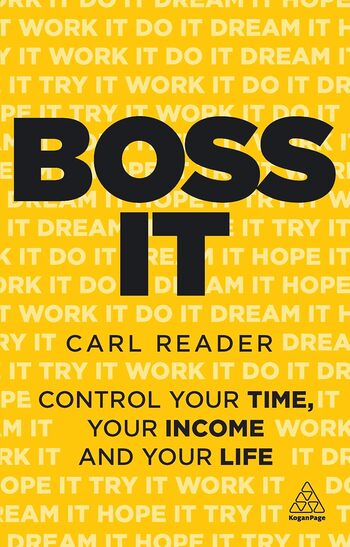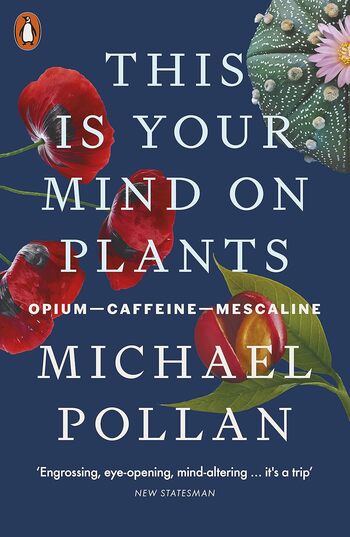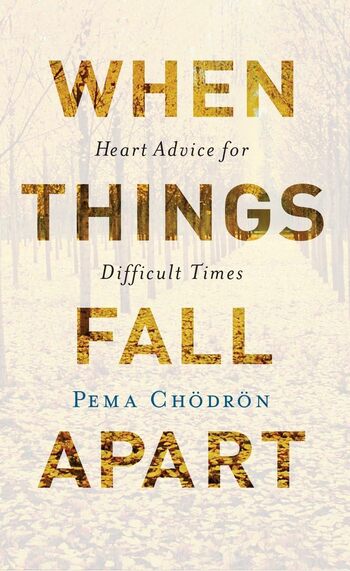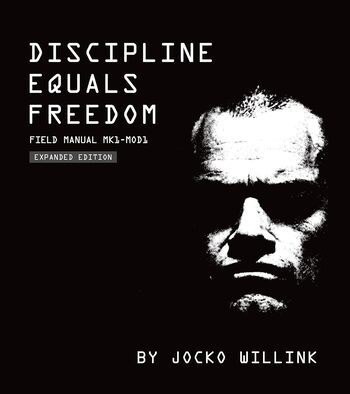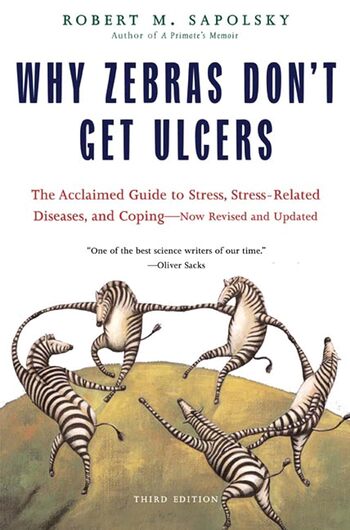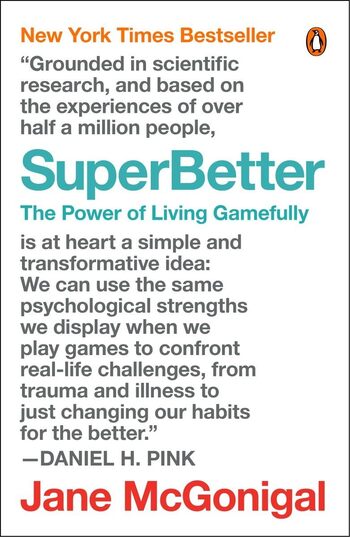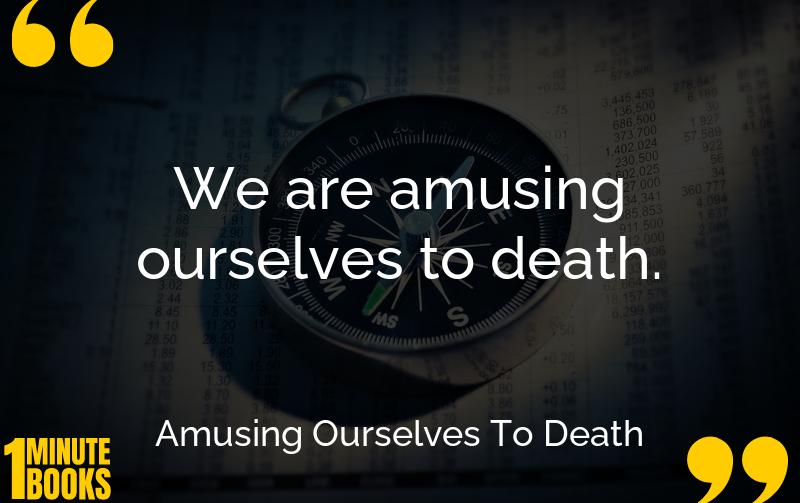
Neil Postman critiques how entertainment, especially television, has transformed public discourse, making meaningful communication difficult. He contrasts Huxley’s and Orwell’s dystopias, suggesting ours aligns with Huxley’s view.
Main Lessons
- Our obsession with entertainment devalues critical discourse.
- Television prioritizes style over substance, impacting political debates.
- Huxley’s vision of a society distracted by entertainment is manifesting.
- News has turned into infotainment, where brevity overshadows depth.
- The disinformation age blurs fact and fiction, complicating truth discernment.
- Our society becomes complacent due to a flood of trivial media content.
- Information overload prevents us from addressing complex issues effectively.
- We must engage in more thoughtful and discerning consumption of media.
- Historical contexts help us understand media’s cultural impact.
- Advocating for print-oriented communication can promote critical thinking.
- Meaningful dialogue is essential to tackle pressing societal issues.
- Media literacy is crucial to act as informed citizens.
- Postman urges a cultural shift back to serious and informed discussions.
- We should reconsider our reliance on visual and entertainment media.
- The book remains relevant, prompting reflection on media’s societal role.

